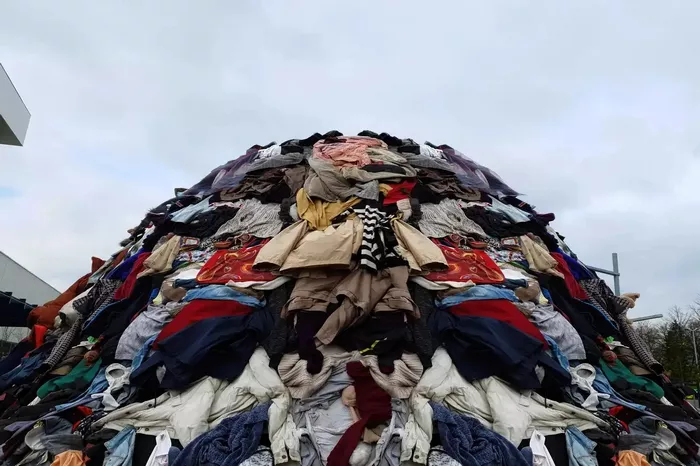A fashion expert has recently addressed a widespread but misleading belief about the fast-fashion industry, highlighting how such misconceptions can hinder progress toward more sustainable practices and better working conditions for garment workers. Beatrice Turner, a fashion advocate and participant in the Verified Champion program—a collaboration between the United Nations and Purpose aimed at combating misinformation—used her TikTok platform to confront the argument that fast fashion is essential because it provides jobs.
Turner criticized this popular rationale, pointing out that the idea “without fast fashion, people won’t have jobs” oversimplifies a complex issue. She explained that even if the demand for inexpensive clothing were reduced, factories could still operate under more ethical and sustainable models. People continue to need clothing regardless, and shifting consumer habits toward purchasing fewer, higher-quality items could maintain employment while improving pay and working conditions. Turner emphasized that the current high demand for cheap clothing largely fuels profits for a small number of billionaires, rather than supporting the broader workforce sustainably.
The argument that fast fashion sustains employment is further weakened by the rise of automation in factories and the serious allegations many fast-fashion companies face regarding forced labor. Commenters on Turner’s posts expressed disbelief that such an argument still persists, and Turner herself labeled it shortsighted and as a way for consumers and companies to excuse harmful practices.
The issue is critical because fast fashion, while offering quick and cheap clothing options to consumers, often relies on exploitative labor. Workers in these supply chains frequently endure grueling hours, unsafe conditions, and restricted access to basic necessities. According to Baptist World Aid Australia’s latest Ethical Fashion Report, a significant portion of the 50 million people trapped in modern slavery worldwide are forced to work within the global fashion industry. Beyond labor concerns, the fashion sector is also a major environmental offender, ranking as the second-largest polluter globally. It accounts for about 8% of worldwide carbon emissions and causes toxic contamination that threatens ecosystems and public health.
Turner also stressed the feasibility of establishing ethical and safe production lines but acknowledged that these practices are less profitable than the fast-fashion model. Thankfully, consumer behavior is gradually shifting, with many individuals moving away from fast fashion due to its long-term financial and ethical costs. Increasingly, shoppers are using their buying power to support brands that prioritize sustainability and fair labor.
Market data reflects this change: the Ethical Fashion Market Report projects a 6.5% compound annual growth rate, estimating the sector will reach nearly $12 billion by 2030. The report highlights that modern consumers are “conscientious citizens who demand accountability and authenticity” from the products they purchase, signaling a potential turning point for the industry. This shift may pressure fast-fashion brands to reconsider their practices. Educating consumers about greenwashing—the misleading use of “green” marketing to appear environmentally friendly—can help people discern which brands genuinely commit to sustainability and which simply pay lip service to the trend.
Related Topics
- Pacific Designers Dazzle Sydney Runway in Bold Global Fashion Debut
- Vietnam International Fashion Week 2025 to Spotlight Sustainability and Cultural Identity in Ho Chi Minh City
- STINARAND Redefines Swedish Wool with Artistic Innovation at Stockholm Fashion Week

